Different Types of Business Buyers
Who can you sell your business to?
-
A group of people who typically raise a fund with a focus (size, industry, geography, etc.). Controlled by a limited set of individuals (general partners or managers) who invest money from a number of investors (limited partners or members).
-
Same as above, but the PE group has already acquired a larger company in a particular industry (known as a "platform" company) and they want to make smaller acquisitions in the same industry (known as "bolt-ons").
-
Similar to a PE group, but usually invests the money from a single or very small number of wealthy families. Think Walton Enterprises (Walmart family office) or Bezos Expeditions (yep, that's what it is called).
-
Typically a larger company that has a reason to buy your company over and above achieving a basic financial return. Could be a competitor. Many times it's a business in your industry looking to buy in order to expand geographically.
-
-
A group of investors who support an individual's attempt to acquire a company by contributing to a fund. Usually pay the individual during search. These funds grew out of top business schools. The seller sells to the individual buyer backed by the fund.
-
Just like a search fund, but without the fund part. A wealthy investor or small group of investors agree to back an entrepreneur looking to buy a business.
-
An individual looking to acquire but not backed by a fund or investors - but SHOULD be able to raise the requisite amount of capital fairly quickly to complete the transaction. Sometimes the funding falls through and the individual can't close.
-
Selling to your general manager, COO, or a group of existing management. Even if they don't have enough money in your eyes, they can be a buyer with an SBA loan, an outside investor, etc.
-
My favorite deal I've ever done. You can recruit the right person who runs it the way you want it run, then transition to them using multiple funding mechanisms. You can remain involved as long as you like since you drive the deal.
-
An internal sale to an existing equity holder. Typically easier to fund since less than 100% of the equity needs to be purchased.
-
Same as above, but you're related to the buyer. Selling to your son, daughter, brother, etc. Lots of ways to handle this with multiple funding mechanisms plus gifting.

